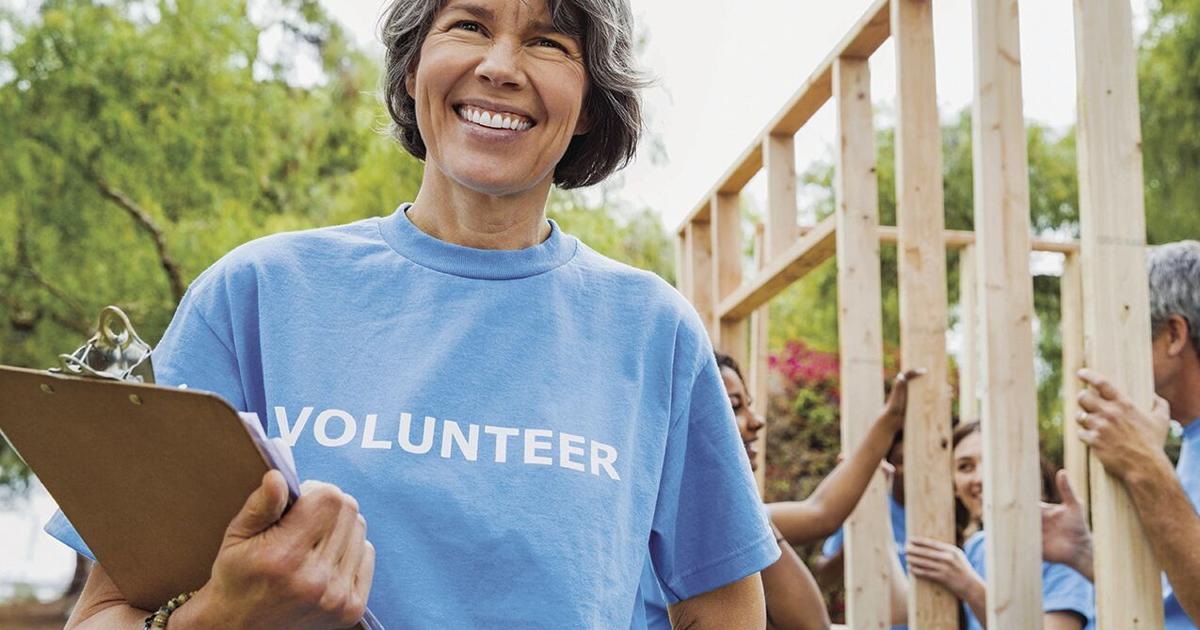The wide-ranging impact and reach of mental health issues garnered considerable attention during the COVID-19 pandemic, when the virus as well as mandates designed to reduce its spread led to increased feelings of anxiety and isolation. Since then, life has returned to normal for billions of people across the globe, but many people, including seniors, continue to experience mental health issues.
The Pan American Health Organization reports that at least 1 in 4 older adults experiences a mental disorder such as depression, anxiety or dementia. And those figures will likely only grow, as population estimates indicate seniors will make up a greater percentage of the global population in the years to come. Seniors dealing with mental health issues may feel helpless, but there’s much they can do to safeguard their mental health.
· Socialize regularly. A 2019 study published in The Journals of Gerontology, Series B: Psychological Sciences and Social Sciences found that older adults who socialized with people beyond their circle of family and close friends were more likely to have greater positive moods and fewer negative feelings. Unfortunately, a significant percentage of older adults report feeling isolated from others. According to the University of Michigan National Poll on Healthy Aging that was conducted in January 2023, one in three older adults reported infrequent contact (once a week or less) with people from outside their home.
· Speak with a mental health professional. Among the more troubling aspects of the mental health crisis affecting seniors is that the PAHO reports two-thirds of older adults with mental health problems do not get the treatment they need. Speaking with a mental health professional can help older adults in myriad ways. Such professionals can identify the issue that is prompting seniors to seek help and offer suggestions that can improve overall health and qualify of life. Roundstone Insurance notes that reliance on digital behavioral health tools, including telehealth, was turned to both during the pandemic and ever since, and seniors can utilize such services if they have limited mobility and/or no one to help them make it to in-person appointments.
· Volunteer. Many older adults are retired, and while ample free time may have seemed like the ultimate reward after a lifetime of working, many retirees experience a void once their life no longer has the structure that work can provide. According to the independent nonprofit HelpGuide.org, retirement depression can compel retirees to feel as though they miss the sense of identity, meaning and purpose that came with their jobs, which can make some feel depressed, aimless and isolated. Volunteering can help fill the void created by retirement, and the positive mental health effects of volunteering are well-documented. According to the Mayo Clinic, studies have shown volunteering increases positive, relaxed feelings and gives volunteers a sense of meaning and appreciation.
No one is immune to mental health issues, including seniors. But older adults can take various steps to address their mental health and improve their overall health as a result.





More Stories
Avocado Cacao Mousse – JSHealth
Janelle Brown on Garrison’s Mental Health Before His Death
How To Finally Beat Insomnia